 Parents of young children need special superpowers. Forget about leaping tall buildings in a single bound or even flying, parents really need the ability to turn invisible in order to check on a sleeping baby, the power to fully function on only 3 hours of interrupted sleep, and the capacity to do the laundry faster than a speeding bullet! Who knew someone so little could go through so many clothes!?
Parents of young children need special superpowers. Forget about leaping tall buildings in a single bound or even flying, parents really need the ability to turn invisible in order to check on a sleeping baby, the power to fully function on only 3 hours of interrupted sleep, and the capacity to do the laundry faster than a speeding bullet! Who knew someone so little could go through so many clothes!?
Music can’t help parents with those super powers (although we wish it could!), but the power of music can give parents other hero-worthy powers. After all, parents are heroes every day of the year—not just on Mother’s Day and Father’s Day.
4 ways music is a parent’s secret super power
- Music gives families the power of laughter and silliness. Children literally bring more laughter into our lives by laughing 10x more each day than the average grown-up. Children can easily find a reason to laugh. Bubbles in the bathtub, funny sounding words, dogs wearing clothes, and, even just jumping off the front step can all cause a child to erupt into fits of giggles. In Kindermusik, we laugh, giggle and even, yes, guffaw a lot when we sing silly songs like “Gang-Goo” or “Sally the Camel,” play or listen to funny sounding instruments, and even share a few knock-knock jokes during story time. Children develop a sense of humor over time as they learn what is and isn’t funny—and when it is appropriate (or not) to laugh. In our music education classes, we support your child’s growing sense of humor and give your whole family more reasons to chuckle. Plus, all this giggling strengthens your immune system, lowers stress, and supports your child’s divergent thinking skills.
- Music provides families the power to predict the future. OK, this one is for your little ones…but it certainly helps make a parent’s job easier! Young children’s brains seek predictable patterns to help regulate their internal clock and navigate daily transitions. Routines and rituals teach children that the world is a predictable (and safe) place. Listening to lullaby music at the end of the day, signals to children that bedtime is near. They can predict what comes next in the routine—warm bath, infant massage, special book, final bottle or nursing for the night, etc. Rituals and routines work closely together to provide continuity and connectedness—both vital to your child’s development. Adding musical cues helps make the transition to bedtime easier for everyone!
 Music transmits the power of relaxation and sleep. Have you ever heard someone say, “You need to learn how to relax”? Well, they were right. Relaxing is a learned behavior that even the youngest child can begin developing. In Kindermusik, we include an unstructured quiet time with soothing music specifically designed to learn and practice relaxation. Your child’s world can be full of stimulating experiences. Teaching young children how to relax after a period of activity gives them time to recoup and prepare them for what’s next. An added bonus: Children who know how to relax and self-soothe can be better sleepers.
Music transmits the power of relaxation and sleep. Have you ever heard someone say, “You need to learn how to relax”? Well, they were right. Relaxing is a learned behavior that even the youngest child can begin developing. In Kindermusik, we include an unstructured quiet time with soothing music specifically designed to learn and practice relaxation. Your child’s world can be full of stimulating experiences. Teaching young children how to relax after a period of activity gives them time to recoup and prepare them for what’s next. An added bonus: Children who know how to relax and self-soothe can be better sleepers.- Music celebrates the power of love and affirmation for parents. In school, we learned that following the rules, completing assignments on time, and studying for tests usually equals passing grades. That lesson continues into the workplace where a yearly performance evaluation determines bonuses, raises, or even promotions. Unfortunately, the same evaluation system does not exist in the world of parenting. Eighteen years is a long time to wait for a passing grade! At
 Kindermusik, we don’t think you need to wait that long to receive affirmation. Breathe. Enjoy the moment with your child. You ARE your child’s best and favorite teacher. Every smile, every hug, every kiss is an A+. Each week in our music classes for babies, toddlers, big kids, and preschoolers, we intentionally include bonding activities, such as rocking and infant massage, to support the amazing connection you share together. It’s okay if you don’t have all the answers. (No parent ever does!) You do have all the love and that is better than any letter on a report card.
Kindermusik, we don’t think you need to wait that long to receive affirmation. Breathe. Enjoy the moment with your child. You ARE your child’s best and favorite teacher. Every smile, every hug, every kiss is an A+. Each week in our music classes for babies, toddlers, big kids, and preschoolers, we intentionally include bonding activities, such as rocking and infant massage, to support the amazing connection you share together. It’s okay if you don’t have all the answers. (No parent ever does!) You do have all the love and that is better than any letter on a report card.

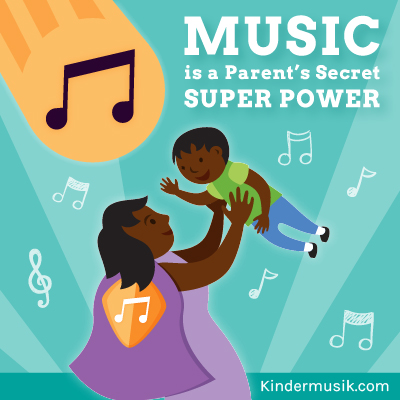
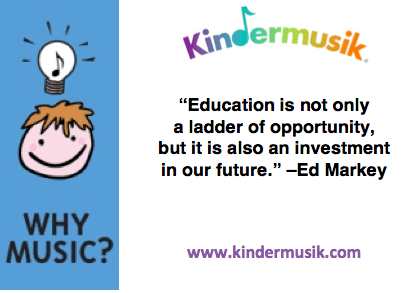



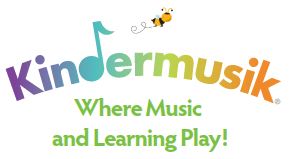
 At Kindermusik, we believe parents are their child’s best teacher – so we provide fun ways to extend the learning outside of class through music, stories, activities, crafts, video field trips, and so much more.
At Kindermusik, we believe parents are their child’s best teacher – so we provide fun ways to extend the learning outside of class through music, stories, activities, crafts, video field trips, and so much more.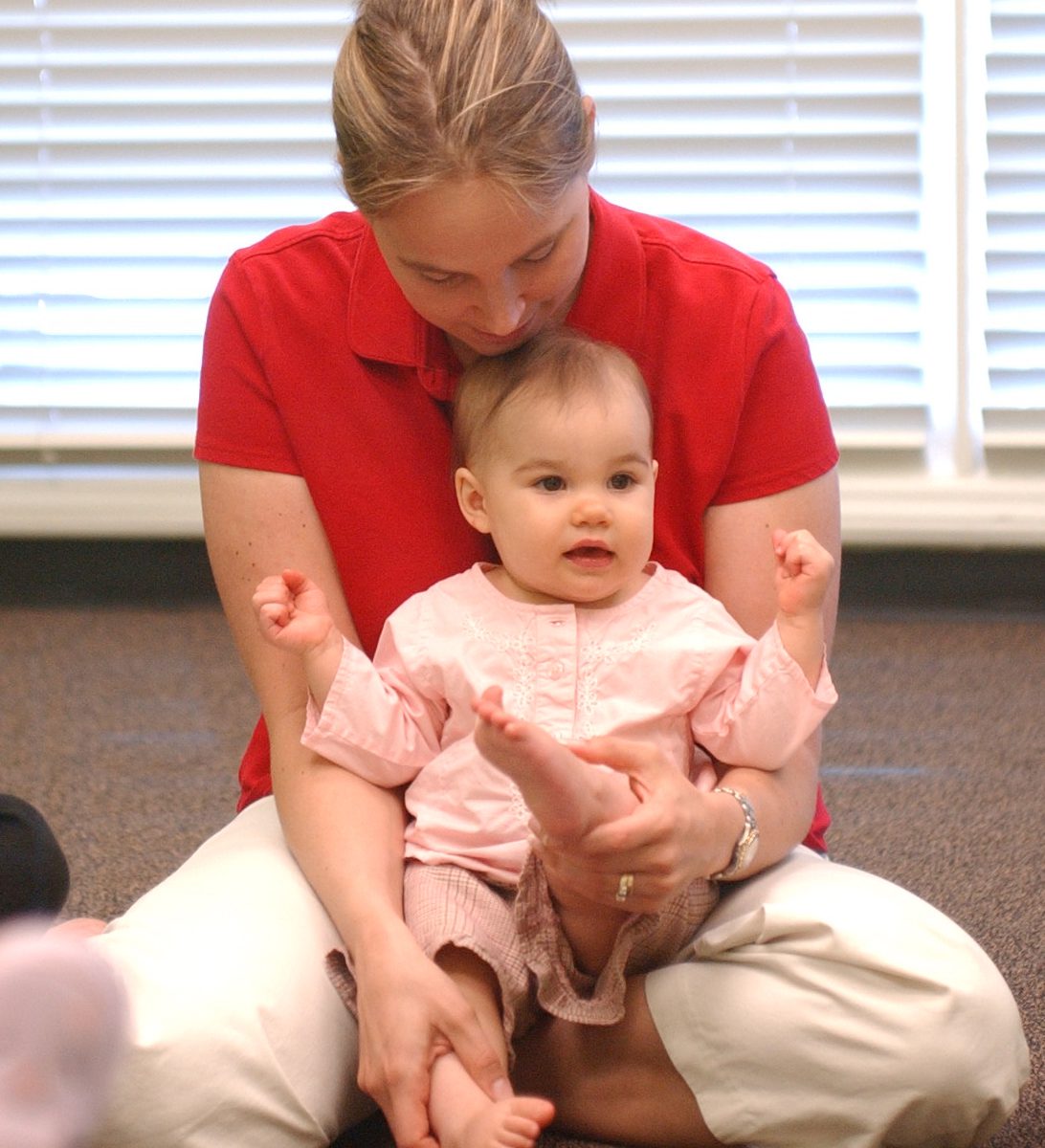





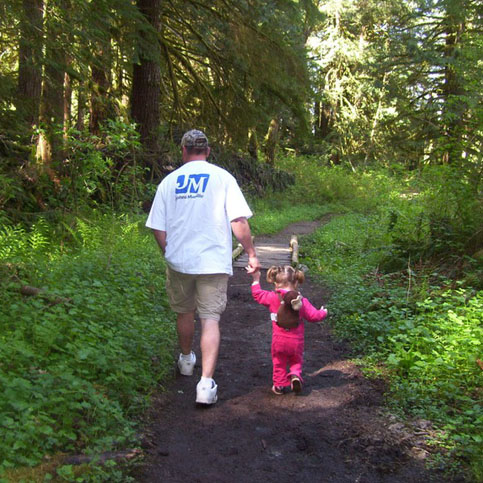

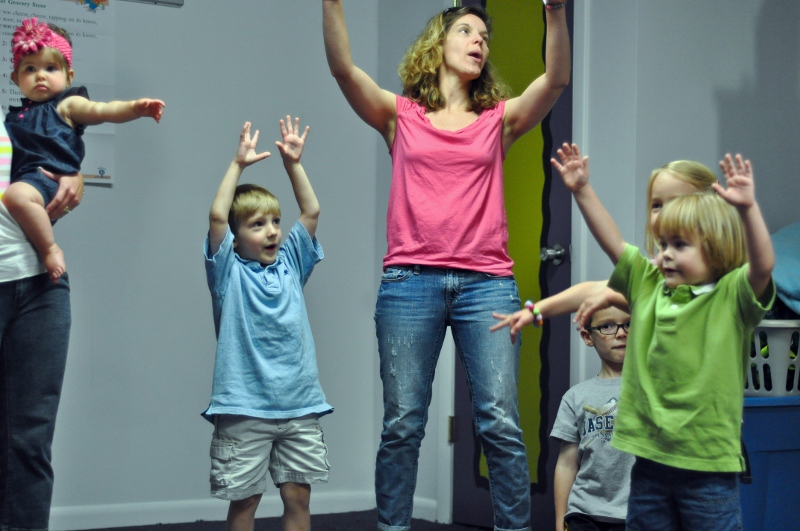

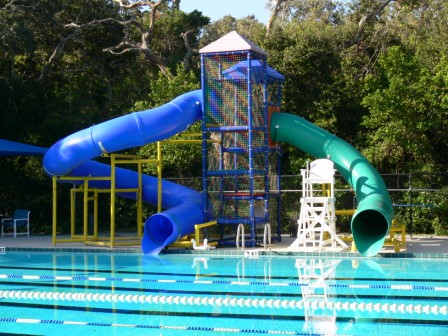

 6. Add eBooks to your reading list. eBooks can be especially engaging for reluctant readers.
6. Add eBooks to your reading list. eBooks can be especially engaging for reluctant readers.
